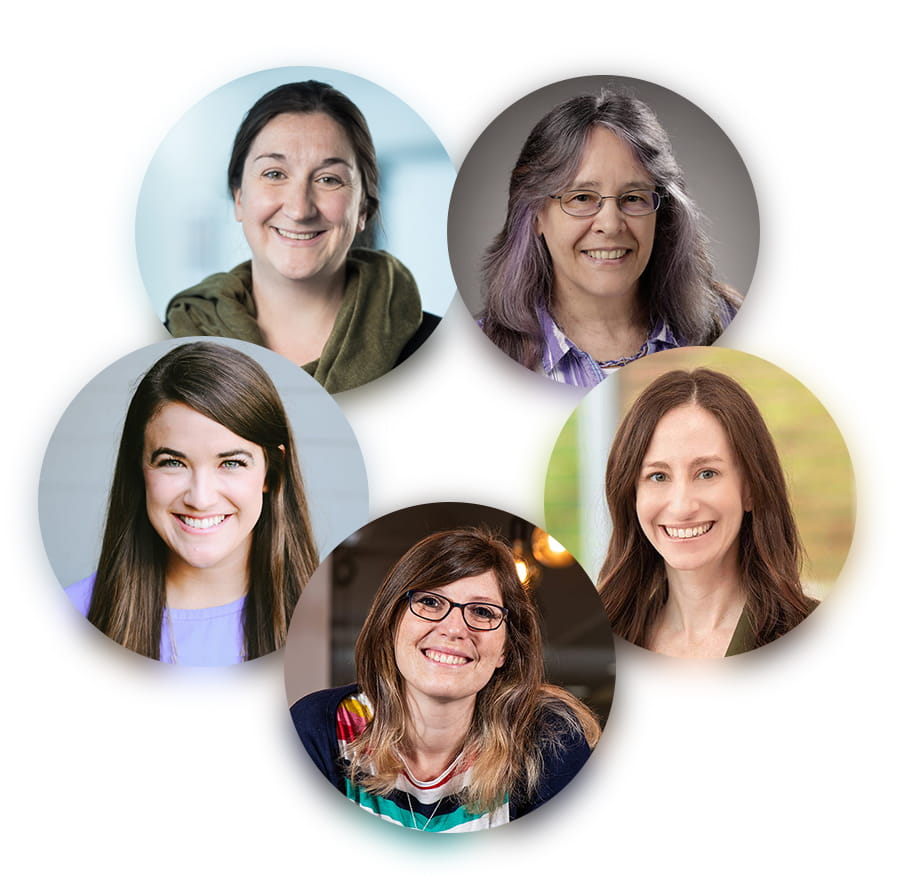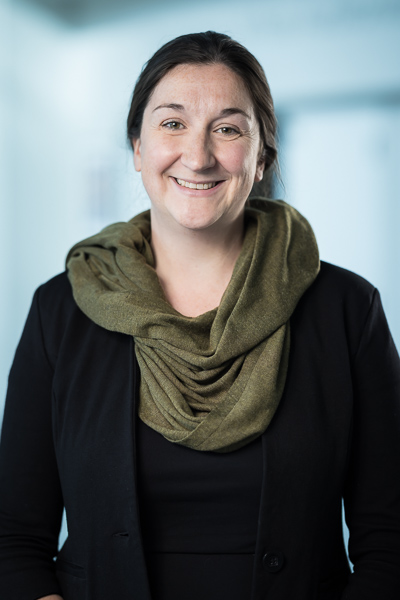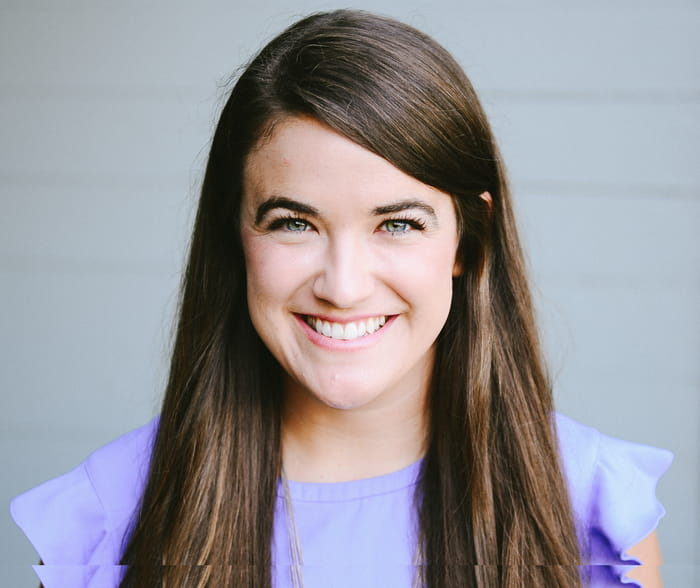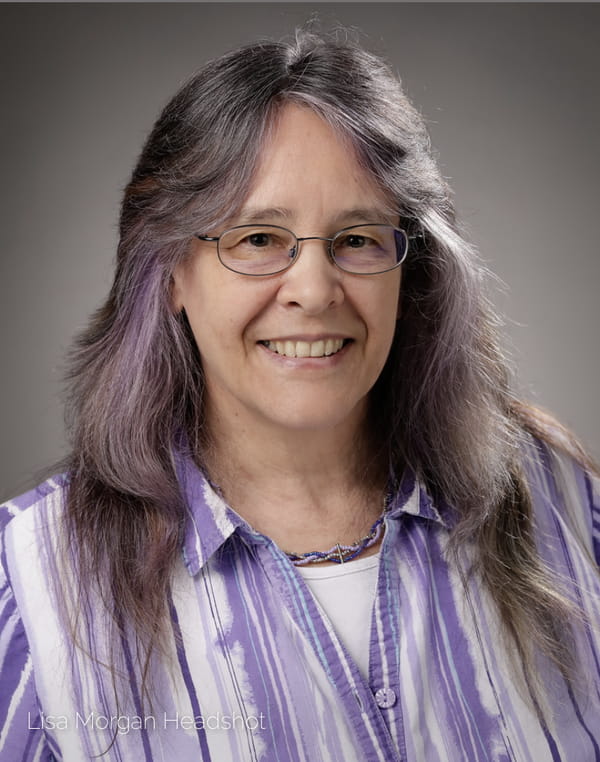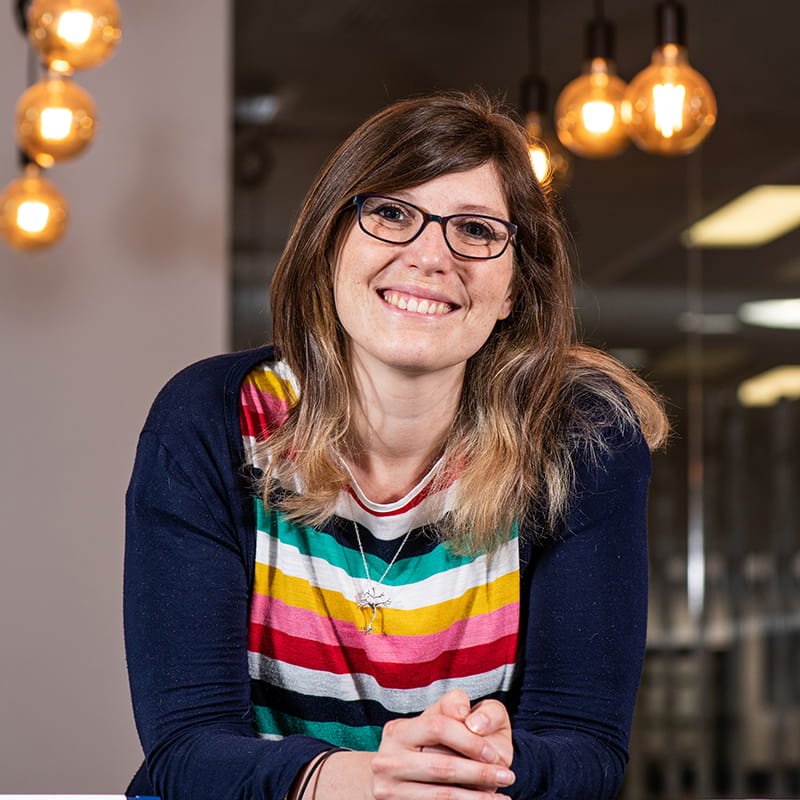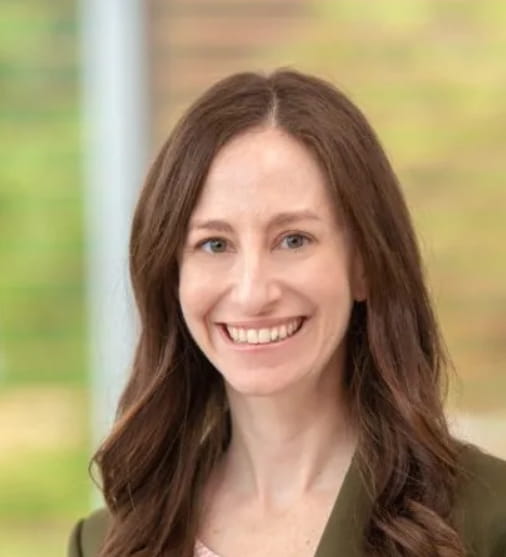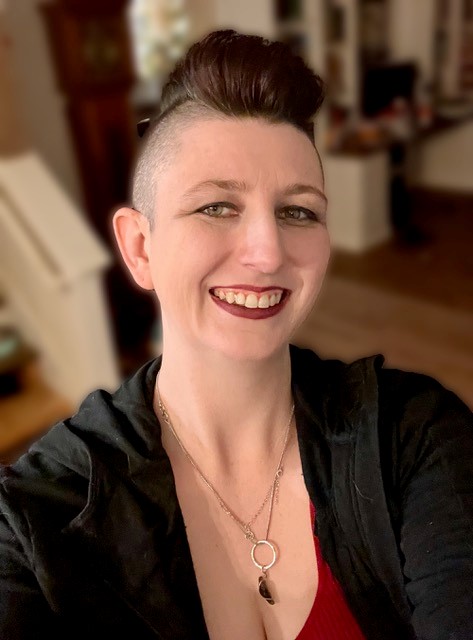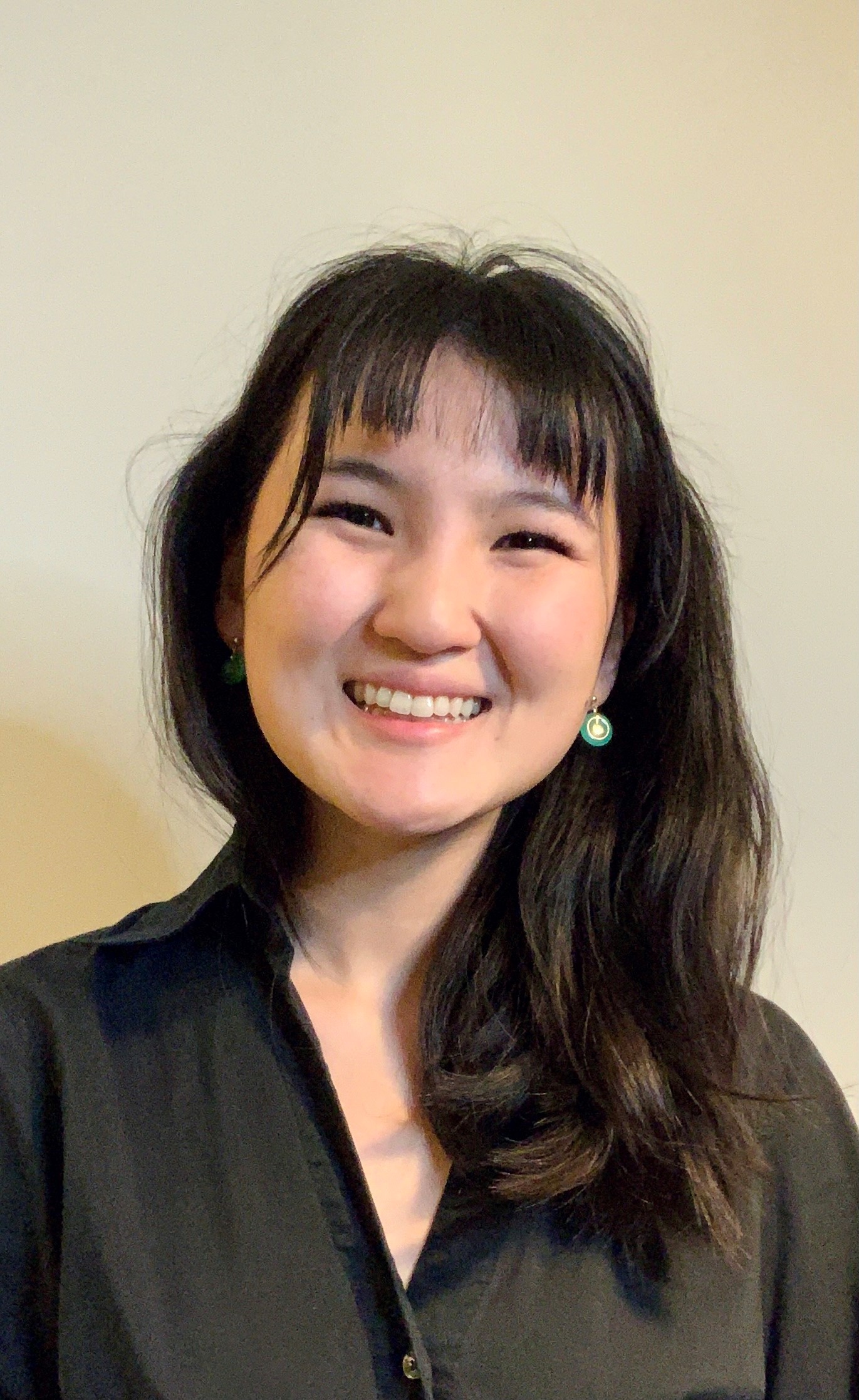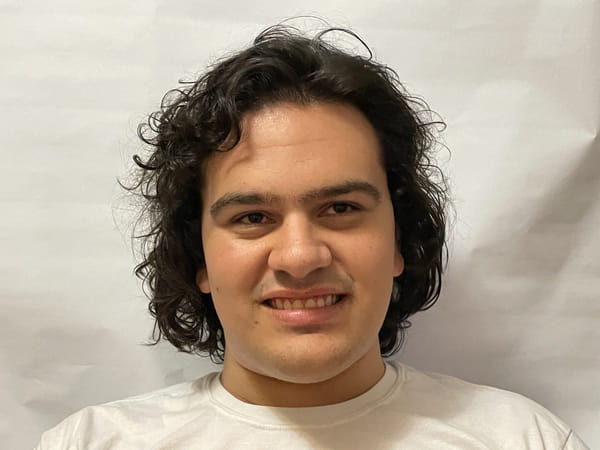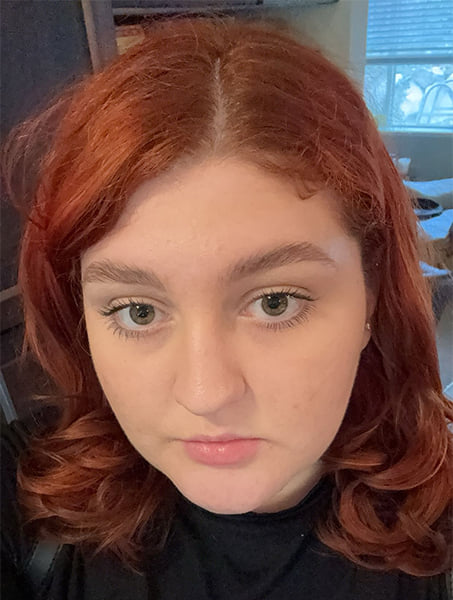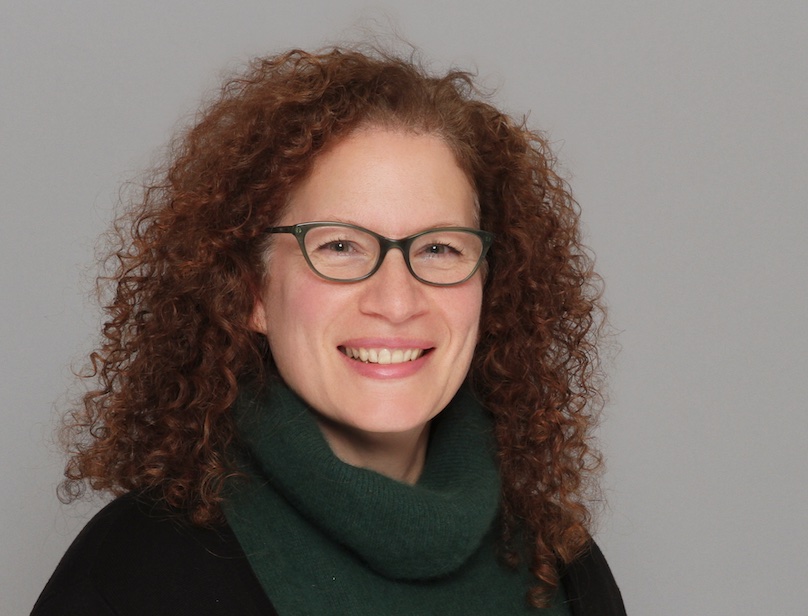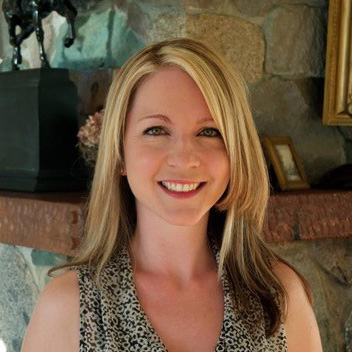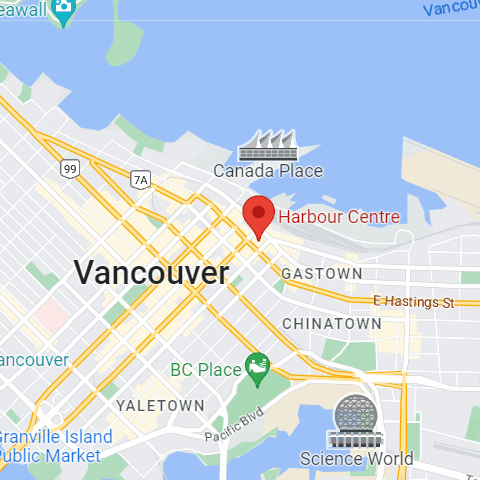
- This event has passed.
Mental Health, Suicide, and Autism
Mental Health, Suicide, and Autism
ACT’s 2024 Focus on Research Conference
Presented by Anne V. Kirby, PhD, OTR/L, Jessica Schwartzman, PhD, Lisa Morgan, M.Ed. CAS, Rachel Mosely, PhD, & Shari Jager-Hyman, PhD
Panel presentation by Bobbi Duncan-Ishcomer, Alex Jacobs, Rachel Kripke-Ludwig, and Izabelle Stevens
Panel presentations moderated by Grace Iarocci, PhD & Elina Birmingham, PhD
Thursday, April 4 & Friday, April 5, 2024
Vancouver, B.C. & Web Streaming Live
Recording available for two weeks after the conference, for all registrants.
Research practitioners, which include Autistic Adults, will illustrate why we need to learn about mental health and suicide within the Autistic community. Learn the suicide risk factors and warning signs as well as practical strategies and resources to identify and support those in crisis.
Mental Health Crisis Resources
In Canada, the Suicide Crisis Hotline can be phoned or texted at 9-8-8.
In B.C. and Yukon, Crisis Centre Chat provides an online chat from Noon to 1am
More resources can be found on this article from AutismBC: I’m autistic and in mental health crisis. What can I do?



Sign in to use your 10% Friends of ACT Discount, or register here.
Event Details
Suicide is a leading cause of premature death in autistic people. Autistic individuals are significantly more likely to think about and attempt suicide than members of the general population. However, most mental health professionals do not feel confident about identifying suicide risk, particularly signs of acute risk (i.e., warning signs), and intervening when autistic individuals are in crisis.
In bringing Anne, Lisa, Rachel, Jessica, and Shari to Vancouver, our goal is to improve knowledge, skills, and self-efficacy related to recognizing risk factors and warning signs of suicide risk in Autistic individuals, and identifying appropriate crisis supports and resources for this population.
In this workshop, participants will learn:
- From Autistic adults with lived experience
- Why we need to talk about mental health and suicide in the Autistic community
- The importance of reframing responsibilities and creating culturally safe clinical settings
- Why school drop-out rates are high among autistic youth and what to do to address this issue
- The functions of self-injury (i.e., the needs it fulfills, and that self-injury may be suicidal or non-suicidal)
- About the research related to mental health needs that may be associated with suicide risk and the efficacy of adapted Cognitive Behaviour Therapy
- About the Autism Resource “Warning Signs of Suicide: Considerations for the Autism Community“
- Next steps as family members, Autistic community members, and professionals
Level: Beginner to Advanced
Focus: Mental health and suicide risk in the Autistic population
For: Parents/caregivers/family members, Autistic youth and adults, friends of Autistic youth and adults, and professionals including educators, speech-language pathologists, occupational therapists, behaviour analysts, health care providers, and first responders (e.g., Ambulance Attendants, Fire Fighters).
Autism Specific?: Yes
CART captioning and ASL interpretation will be provided at the event.
